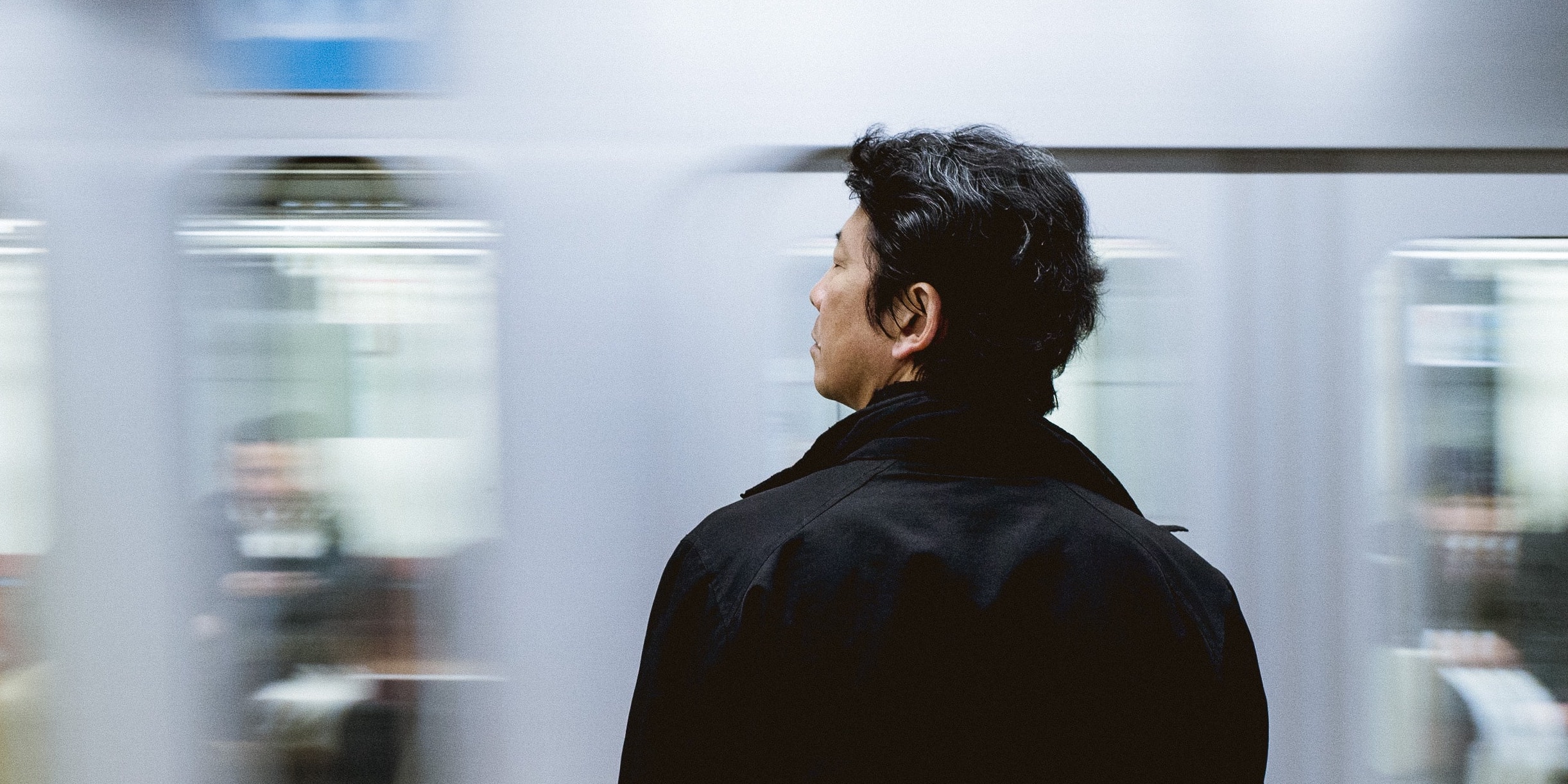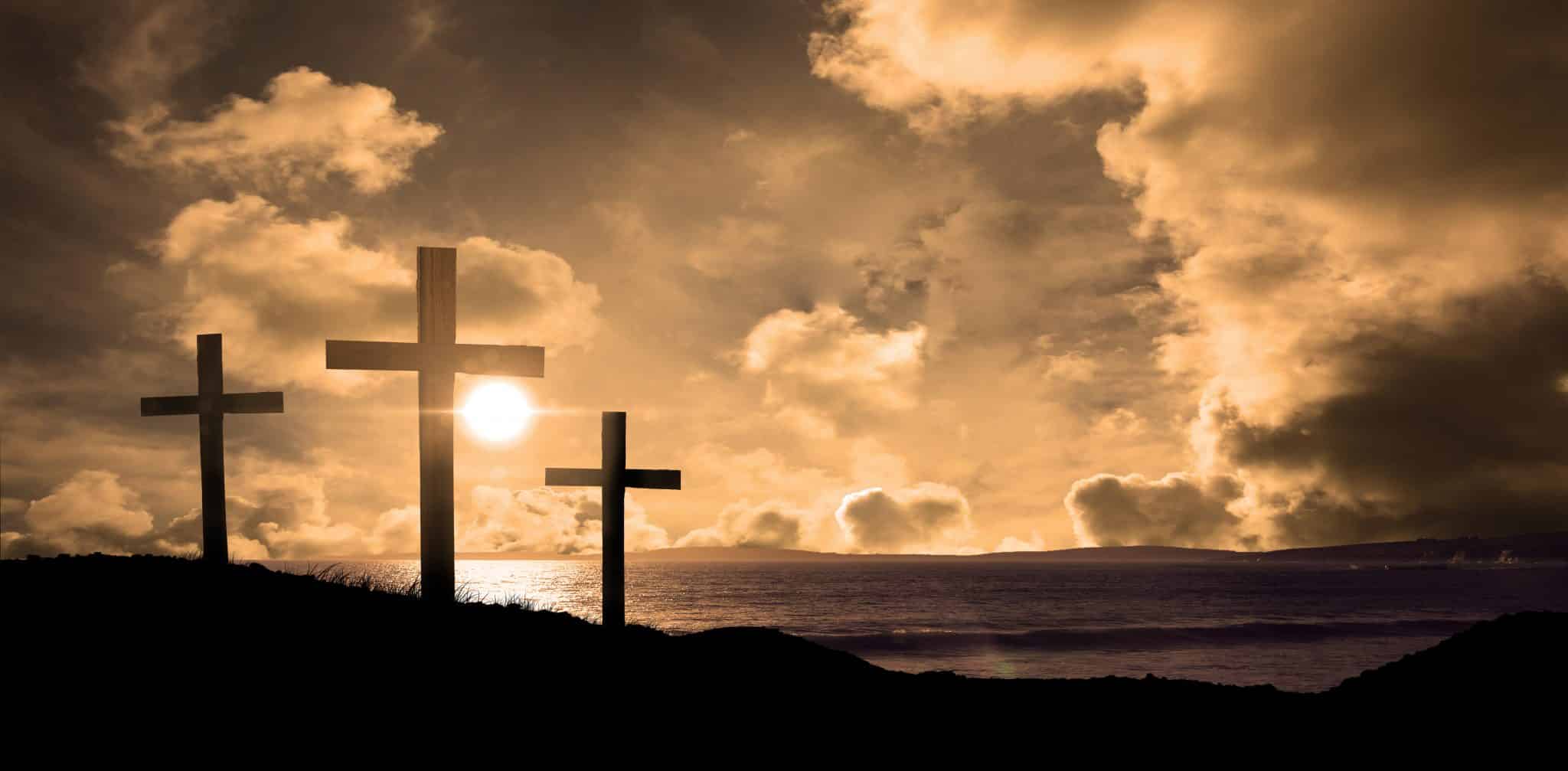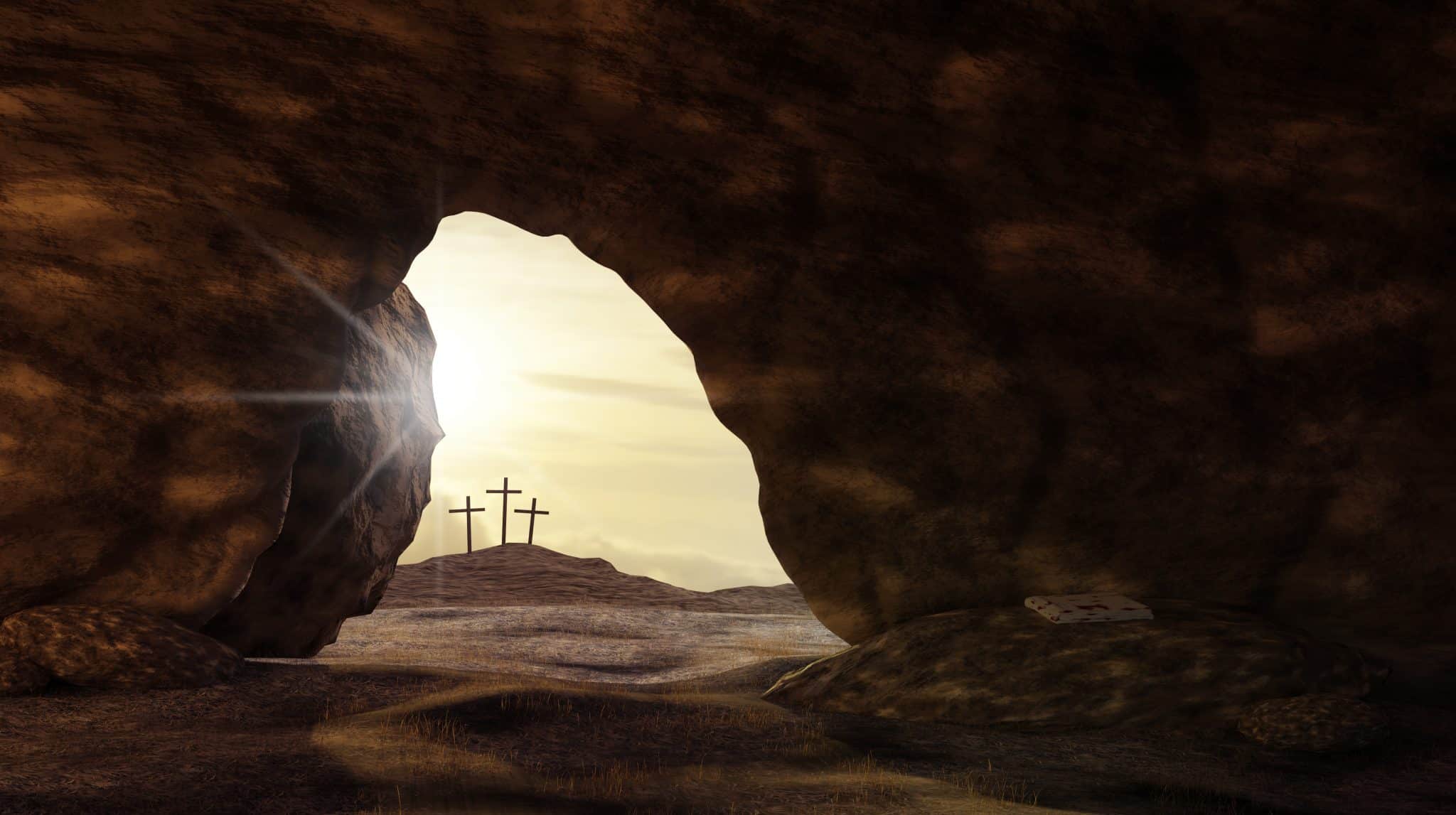
"Once you know the source of your feelings about liminal spaces, you can not only better deal with the apprehensions of navigating uncharted territories but also look for the necessary help and support to guide you through the state of transition," writes Dr Tan Boon Yeow, CEO of St Luke's Hospital. Photo by Amos Bar Zeev on Unsplash.
“Nothing good or creative emerges from business as usual. This is why much of the work of God is to get people into liminal space, and to keep them there long enough so they can learn something essential. It is the ultimate teachable space.” – Richard Rohr
It comes from the word “limin” which means “threshold”.
Liminal space is a concept that has come to my attention recently as I reflected on what’s been going on around me both in the light of the Covid pandemic and the changes it has brought.
“Liminal” is an art and literature term that describes the space between two realities. The Cambridge Dictionary defines it as “between or belonging to two places, states, etc”.
It comes from the word “limin” which means “threshold”.
When you stand on a threshold (in a doorway), you have exited one room, but have not yet entered another. It’s an in-between moment.
Waiting in the in-between
For us Christians, the Saturday between Good Friday and Easter Sunday is a liminal space.
On Good Friday, we mourn Jesus’ death and experience his pain.
The Saturday between Good Friday and Easter Sunday is a liminal space.
On Easter Sunday, we celebrate the joy of his magnificent resurrection.
But on Holy Saturday which falls in between, our mood is somber as Jesus is entombed.
It was a liminal space for His disciples as their Messiah (the Anointed and Chosen One) had died and they had yet to experience His promised resurrection.
A ‘liminal space’ is hence the crucial in-between time – when a lot actually happens and yet nothing appears to be happening. It is the period needed when the dough has been made, kneaded and waiting to be baked into bread.
Shaped by discomfort
It has also been described as a place or state of being in which one feels different, off, or downright uncomfortable. Often, these uncomfortable spaces turn out to be liminal spaces.
Looking back, I have had a number of liminal spaces that helped shape me into who I am today.

Magnolia’s iconic triangular tetra pak was born in the late 1950s. Photo from magnolia.com.sg.
On my first day of school in Primary One, I recall everything was in a blur and I didn’t know what to expect although I had been through kindergarten for two years prior.
Everything was new – my uniform, school bag and its contents. There was a sense of excitement of new beginnings yet an anxious sense of foreboding, mainly due to the unknown.
I don’t recall much details but what was most reassuring was the fact that my dad appeared out of nowhere during recess to bring me a packet of Magnolia milk and a pair of scissors (to cut open the triangle carton) and straw (you can guess the age bracket I belong to by how Magnolia milk was packaged then).
That liminal space of transiting to primary school was made easier by being assured that I had a father who was present for me.
The Father’s presence
Fast forward 20 years – not long after my dad had passed on – I was taking my whole family (wife, young daughters and mum) to Australia for a one-and-a-half-year study-and-training stint.
The whole process of packing and getting the family across the continent was busy enough to mask whatever feelings I had about spending such an extended period overseas for the first time in my life.
It was during that liminal space that I found much solace in my extended moments with God.
However, after settling down physically, I started feeling a sense of unease that I could not quite describe. Having been taken out of my natural habitat, I felt like a fish out of water.
I felt that I couldn’t quite fit into the culture, struggled to cope without domestic help and started questioning why I had bothered travelling thousands of miles to learn independence.
It was during that liminal space that I found much solace in my extended moments with God, my Heavenly Father, who was present with me. Through these times, I began to be reminded of the “why’s” of being sent there for training.
Fast forward another 20 years and having just been appointed CEO of St Luke’s Hospital, I was in a very short state of bliss before having to take on the major responsibilities that came with the appointment.
Jesus, too, had to contend with the liminal space that He was in at the Garden of Gethsemane.
It was a liminal space that I had to negotiate with the help of God and a community comprising family, trusted friends and colleagues who would listen, challenge and support to help refine the purpose and responsibility of the role that I was given.
Some among us are also in this liminal space as a result of the Covid pandemic, changes in work arrangements, moving into new roles, or taking on different responsibilities both at work or at home.
It is understandable to feel anxious, yet we take heart that our Lord Jesus can fully empathise as He, too, had to contend with the liminal space that He was in at the Garden of Gethsemane on the night before His crucifixion.
The hope to cope
Once you know the source of your feelings about liminal spaces, you can not only better deal with the apprehensions of navigating uncharted territories but also look for the necessary help and support to guide you through this phase of liminality (state of transition).
Family, a trusted community and faith in a loving God have provided me with the guidance and hope needed.
For me, the presence of family, a trusted community and faith in a loving God have provided me with the guidance and hope needed to land on a better space while transiting from one state to another.
Every year, we mourn on Good Friday, observe Holy Saturday, and await with great anticipation Easter Sunday when we celebrate our risen Saviour who has defeated darkness to bring us into the glorious light of hope!
“Why am I so sad? Why am I so troubled? I will put my hope in God, and once again I will praise him, my saviour and my God.” (Psalms 43:5 GNB)
This article has been expanded, with permission, from a letter by the author to the staff of St Luke’s Hospital.
FOR MORE ON WAITING:
Reflection and Discussion
- When were you last in a space of transition or are you in one now? Did you and are you waiting well?
- If waiting is about the journey and not the destination, what do you think God is trying to show you?
- Is there someone around you who might be in that “liminal space” who could use some encouragement and community?
We are an independent, non-profit organisation that relies on the generosity of our readers, such as yourself, to continue serving the kingdom. Every dollar donated goes directly back into our editorial coverage.
Would you consider partnering with us in our kingdom work by supporting us financially, either as a one-off donation, or a recurring pledge?
Support Salt&Light




